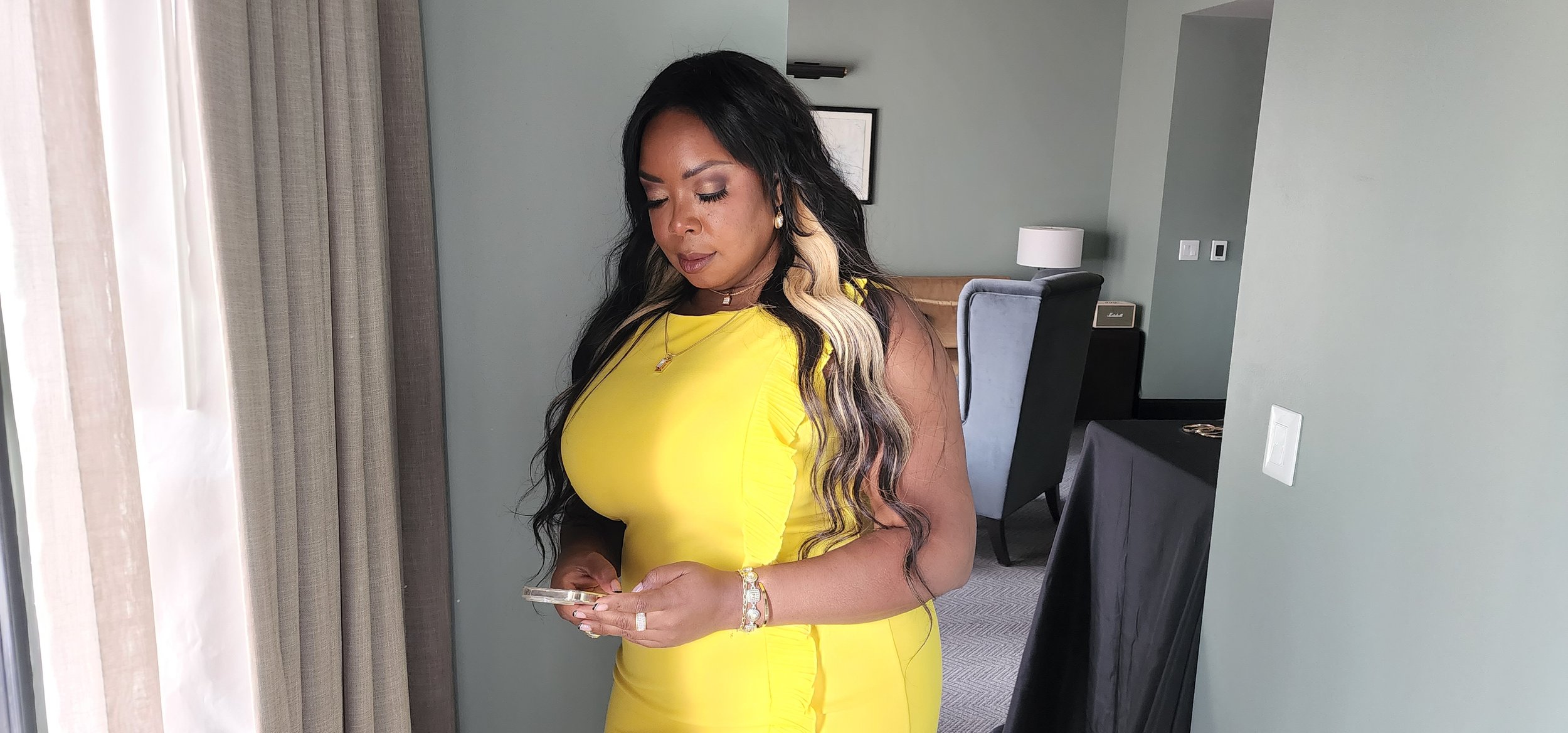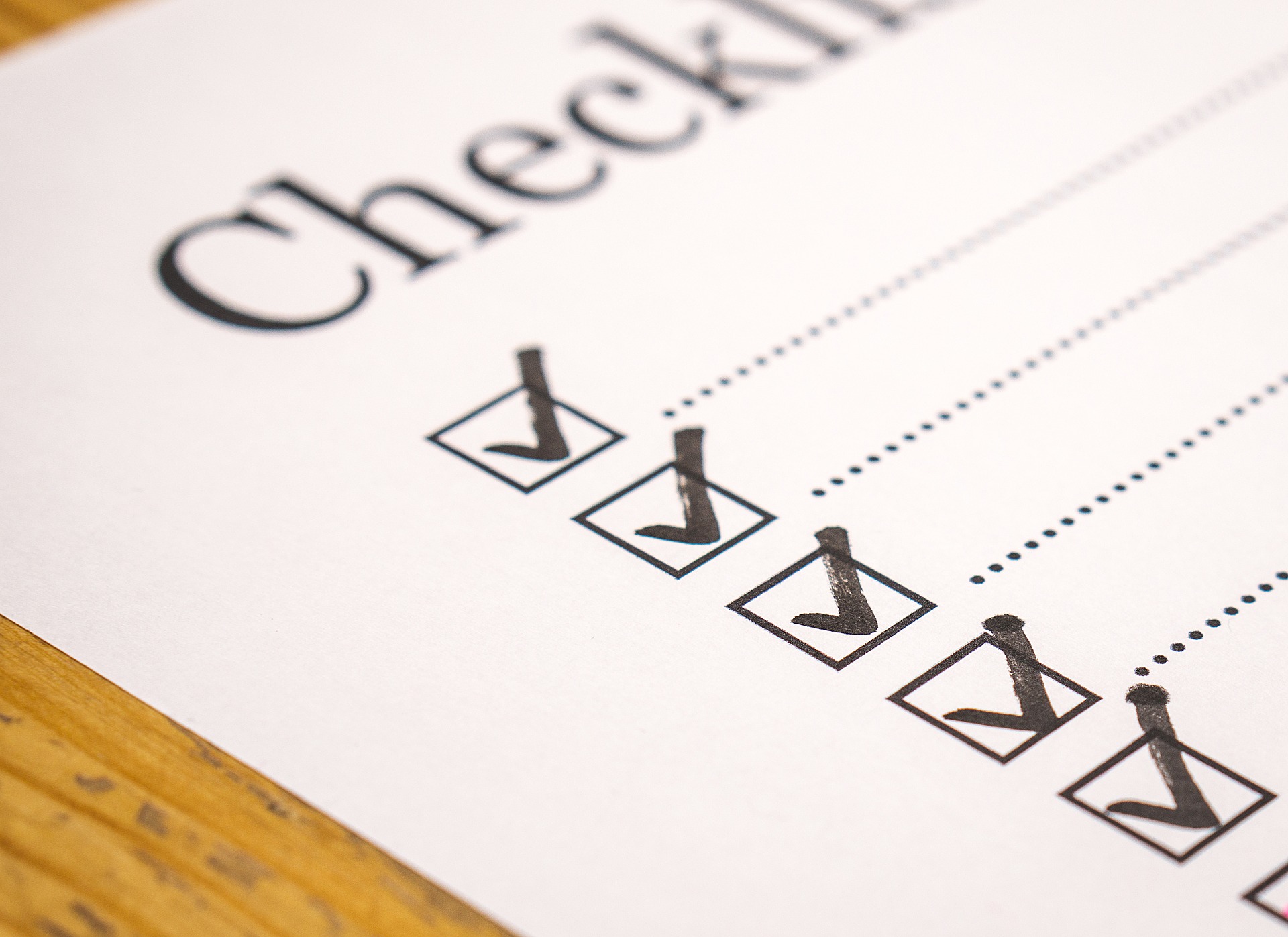

30+ Ways to Show Your Favorite Author Some Love
So do you really love the writing in that book you're reading? Are you so engrossed in the story that you forget you are actually reading? Has this book challenged you to live a better life? Give more? Work harder? Go the distance when you first thought you should quit? Take that leap of faith? Yes? Well, you need to get off your duff and show some love!

Who Are You Writing For?—Discovering Your Target Audience
Discovering your target audience is like the jelly part of a PB&J sandwich; the topic itself is totally the peanut butter. Those two elements need to be clearly defined before you put pen to paper. Many times when we discuss our writing projects, we verbally articulate who we are writing for, but when we take a closer look, sometimes it's hard to match whom we said we were writing for with the writing itself.

Book Proposal Checklist
Before you hit "send" on that query or proposal to that agent, editor, or publisher, you'll want to make sure you've dotted all your Is and crossed all your Ts. Here's a list that could help you get one step closer to your publishing dreams.

Media Law 101: What Writers Need to Know About Libel and Defamation
I am not a lawyer, but I do recommend that you work closely with one to help you sort out your individual concerns or issues. Your editor should also have an excellent working knowledge of media law and may be able to provide you with great advice and counsel. In this article, I define libel, defamation, right to privacy, and ways to protect yourself and the rights of those whose name or likeness you use in your book.
